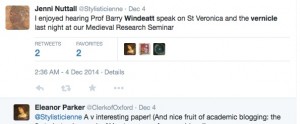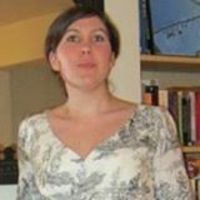This week Orietta Da Rold, along with colleagues at Cambridge University Library and Stanford University, launched an exciting MOOC (Massive Open Online Course) they have developed, called ‘Digging Deeper: Making Manuscripts‘. It’s a free course, open to the public and has already got a lively and expanding community following it.
Here’s a video in which you can find more about the team and a description of the course to whet your appetite:
Digging Deeper: Making Manuscripts introduces you to the study of early text technologies, focusing principally on the medieval book, but covering other textual objects, too, such as scrolls and diplomata. The Digging Deeper team of scholars from Stanford and Cambridge reveals how to investigate manuscripts within repository settings and through online resources, what to look out for when confronted with manuscript images, and how to exploit all the information a manuscript offers. You will learn major characteristics of book production, the terms and methods used by manuscript historians to describe the book, and key themes in early book history. Where were manuscripts made and who made them? What kinds of materials were used and what can those materials tell us? What kinds of texts were created and copied during these centuries? How did multilingualism matter in the medieval period? In pursuing these questions, you will study some of the most significant and beautiful books held by the university libraries of Cambridge and Stanford.
Orietta has also been awarded a Cambridge Humanities Research Grant to carry out research on ‘Mapping Medieval Paper in England’. The grant provides seed funds for a larger project on paper, which will aim to refine the data set and the methodology which can then be used to carry out wider research on the significance of paper in written communication. The project will be launched in February with the aid of a Research Assistant. Watch this space for news of the coming website too!

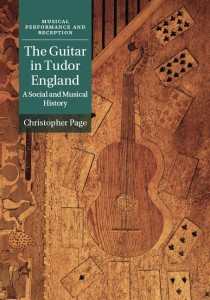
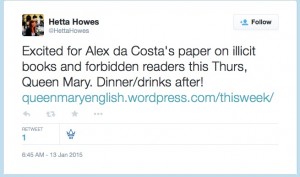
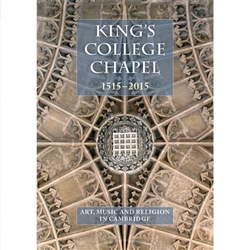 Nicolette Zeeman and Jean Michel Massing have edited a fascinating collection of essays,
Nicolette Zeeman and Jean Michel Massing have edited a fascinating collection of essays, 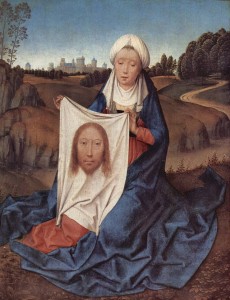 [A vernicle is a ‘copy in miniature of the picture of Christ, which is supposed to have been miraculously imprinted upon a handkerchief preserved in the church of St. Peter at Rome’ (Skeat). Chaucer’s Pardoner ‘a vernycle hadde…sowed upon his cape’ (‘General Prologue’, Canterbury Tales, l.685). In this painting by Hans Memling, you can see St Veronica, who became associated with the miracle, holding the cloth.]
[A vernicle is a ‘copy in miniature of the picture of Christ, which is supposed to have been miraculously imprinted upon a handkerchief preserved in the church of St. Peter at Rome’ (Skeat). Chaucer’s Pardoner ‘a vernycle hadde…sowed upon his cape’ (‘General Prologue’, Canterbury Tales, l.685). In this painting by Hans Memling, you can see St Veronica, who became associated with the miracle, holding the cloth.]